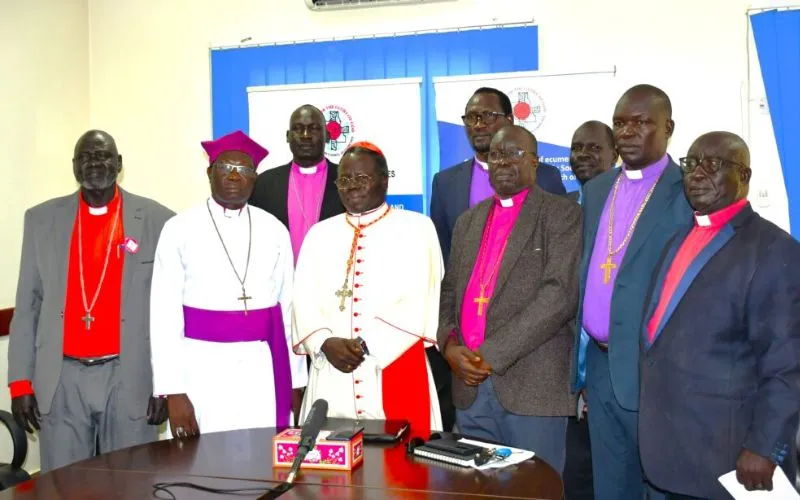“Along the ‘digital highways’ many people are hurt by division and hatred. We cannot ignore it. We cannot be just silent passersby. In order to humanize digital environments, we must not forget those who are ‘left behind.’ We can only see what is going on if we look from the perspective of the wounded man in the parable of the Good Samaritan,” it says.
The text notes how algorithms’ content personalization can reinforce people’s own opinions without exposure to other ideas, which at times can lead to “encouraging extreme behaviors.”
It also raises concerns about how social media companies treat people as commodities whose “profiles and data are sold.” The text underlines that social media “is not free: We are paying with minutes of our attention and bytes of our data.”
The text adds: “Increasing emphasis on the distribution and trade of knowledge, data, and information has generated a paradox: In a society where information plays such an essential role, it is increasingly difficult to verify sources and the accuracy of the information that circulates digitally.”
(Story continues below)
From being an ‘influencer’ to a witness
The text highlights how “every Christian should be aware of his or her potential influence, no matter how many followers he or she has.”
“Our social media presence usually focuses on spreading information. Along these lines, presenting ideas, teachings, thoughts, spiritual reflections, and the like on social media needs to be faithful to the Christian tradition,” it says.
It recommends that Christians should take care to be “reflective not reactive on social media” to ensure that the way one treats others online is in itself a witness.
“We should all be careful not to fall into the digital traps hidden in content that is intentionally designed to sow conflict among users by causing outrage or emotional reactions,” it says. “We must be mindful of posting and sharing content that can cause misunderstanding, exacerbate division, incite conflict, and deepen prejudices.”
One question the text encourages Christians to reflect on is whether their social media posts are pursuing “followers” for themselves or for Christ.
“What does it mean to be a witness? The Greek word for witness is ‘martyr,’ and it is safe to say that some of the most powerful ‘Christian influencers’ have been martyrs,” it says.
It urges people to remember that “there were no ‘likes’ at all and almost no ‘followers’ at the moment of the biggest manifestation of the glory of God! Every human measurement of ‘success’ is relativized by the logic of the Gospel.”
“While martyrdom is the ultimate sign of Christian witness, every Christian is called to sacrifice himself or herself: Christian living is a vocation that consumes our very existence by offering ourselves, soul and body, to become a space for the communication of God’s love, a sign pointing toward the Son of God.”
“It is in this sense that we better understand the words of the great John the Baptist, the first witness of Christ: ‘He must increase; I must decrease’ (Jn 3:30). Like the Forerunner, who urged his disciples to follow Christ, we too are not pursuing ‘followers’ for ourselves, but for Christ. We can spread the Gospel only by forging a communion that unites us in Christ. We do this by following Jesus’ example of interacting with others.”
Courtney Mares is a Rome Correspondent for Catholic News Agency. A graduate of Harvard University, she has reported from news bureaus on three continents and was awarded the Gardner Fellowship for her work with North Korean refugees.








